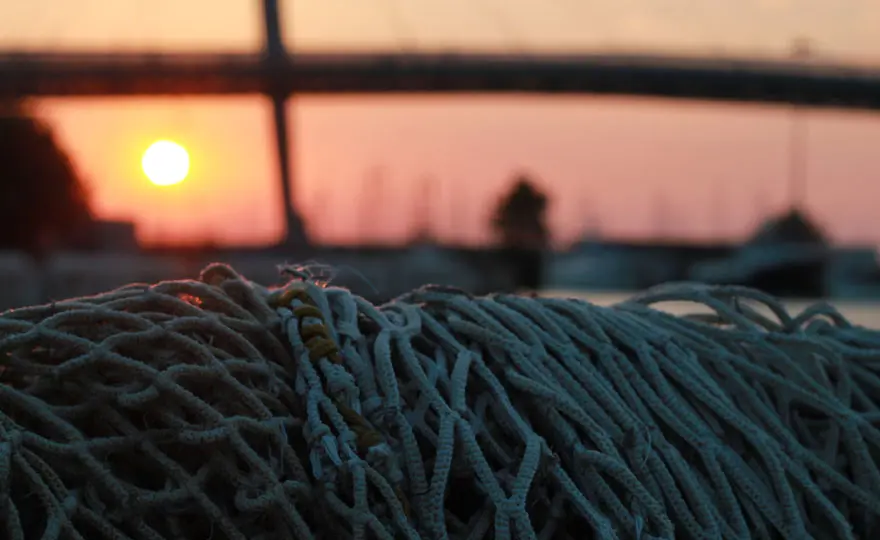ClientEarth Communications
14th November 2019


Key EU countries have actively pushed for unsustainable fishing limits in the North East Atlantic while other countries have failed to stop them, our new report reveals.
Covering the last five years, the report picks out France, Ireland, the United Kingdom, Spain, Belgium, Portugal and Denmark as those countries behind the drive for unsustainable limits.
Every December, fisheries ministers from across the EU meet to set the fishing limits, or ‘Total Allowable Catches’ (TACs) for the next year. And every time so far, they have gambled with the future of fish stocks and fisheries by setting most of these TACs above scientific advice.
In 2013, as part of the last reform of the Common Fisheries Policy (CFP), the European Commission, the European Council and the European Parliament agreed to end overfishing by 2020 at the latest, in order to restore all stocks above healthy levels capable of producing the ‘maximum sustainable yield’ (MSY).
But our report published today highlights that progress towards that legal MSY deadline has been too slow, points to the main culprits for this failure, and makes key recommendations that decision-makers now need to follow to meet sustainability requirements under EU fisheries law.
Our Science and Policy advisor Jenni Grossmann said: “Less than two months before the 2020 deadline, it is time to take stock: progress towards setting fishing limits in line with science and the law has been way too slow. Many stocks remain overfished, yet decision-makers keep setting unsustainable fishing limits above scientific advice year after year.
“Where information on the health of fish stocks is still limited, decision-makers should have been more cautious – our report shows they have done the opposite.
“Everyone involved in the process, including the Commission, EU fisheries ministers and the EU Council, is to blame when fishing limits don’t follow scientific advice. Anyone who pushes for higher quotas, or fails to prevent others from doing so, is a culprit or at least complacent.
This year’s December Council will show whether they are serious about ending overfishing, or if they will continue to prioritise short-term socio-economic interests over long-term sustainability for the ocean and the fishers who depend on it.”
Fisheries ministers have already started their next round of negotiations behind closed doors, based on the recently published Commission’s proposal for 2020, which gives some reason for hope, but still does not follow scientific advice across the board.
At this crucial stage, our report takes a closer look at a number of key issues that the Commission and the Council, as well as individual Member States, will need to address as a priority to meet the 2020 deadline and allow all stocks to recover.
Jenni added: “EU decision-makers have so far failed to beat the 2020 deadline, but it is not too late to meet it by setting sustainable TACs in line with science and the law in 2019.”
The Council of EU fisheries ministers is expected to reach a final agreement on the TACs for 2020 on 17 December 2019.